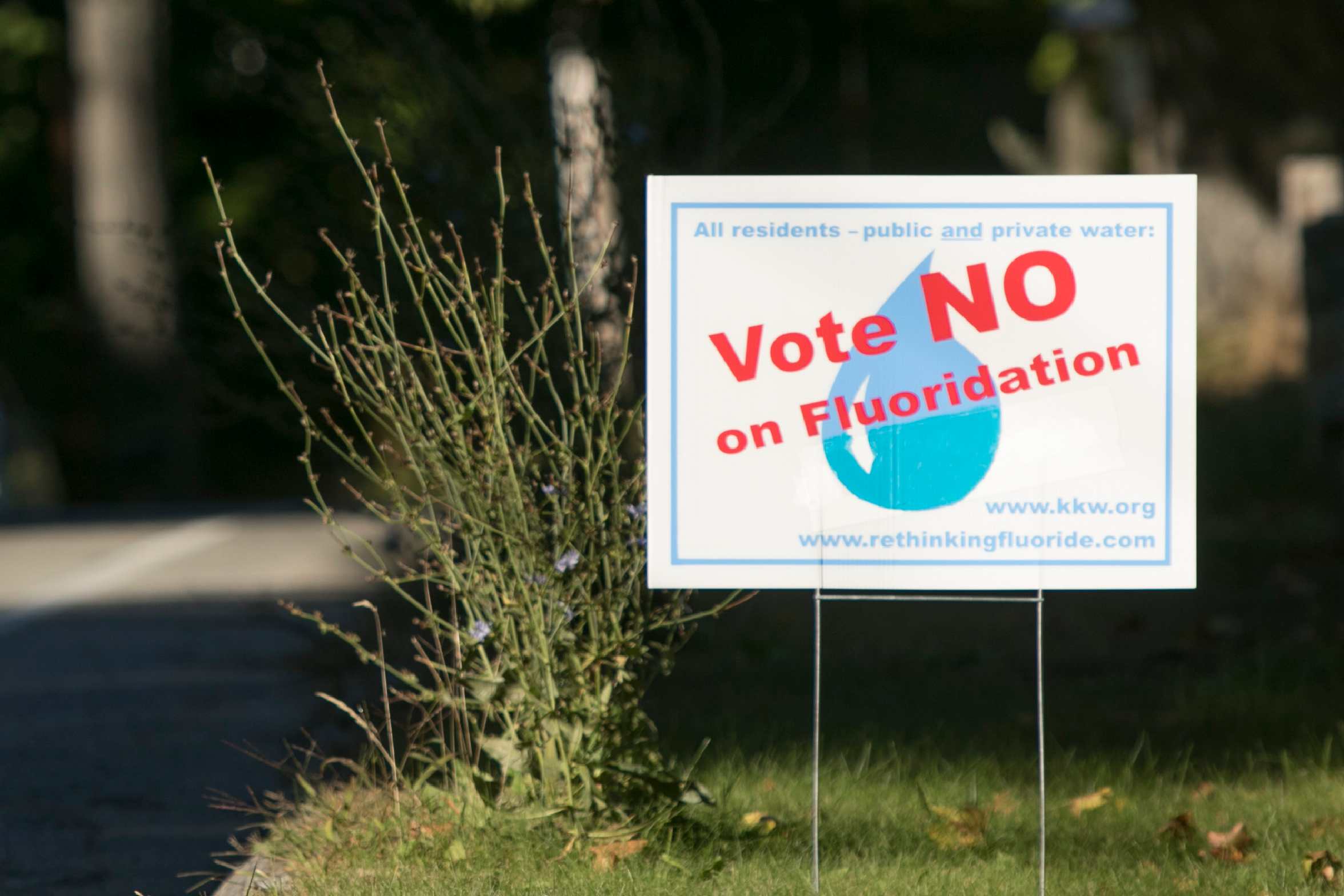…
It is a scenario playing out nationwide. From Oregon to Pennsylvania, hundreds of communities have in recent years either stopped adding fluoride to their water supplies or voted to prevent its addition. Supporters of such bans argue that people should be given the freedom of choice. The broad availability of over-the-counter dental products containing the mineral makes it no longer necessary to add to public water supplies, they say. The Centers for Disease Control and Prevention says that while store-bought products reduce tooth decay, the greatest protection comes when they are used in combination with water fluoridation.
The outcome of an ongoing federal case in California could force the Environmental Protection Agency to create a rule regulating or banning the use of fluoride in drinking water nationwide. In the meantime, the trend is raising alarm bells for public health researchers who worry that, much like vaccines, fluoride may have become a victim of its own success.
The CDC maintains that community water fluoridation is not only safe and effective but also yields significant cost savings in dental treatment. Public health officials say removing fluoride could be particularly harmful to low-income families — for whom drinking water may be the only source of preventive dental care.
“If you have to go out and get care on your own, it’s a whole different ballgame,” said Myron Allukian Jr., a dentist and past president of the American Public Health Association. Millions of people have lived with fluoridated water for years, “and we’ve had no major health problems,” he said. “It’s much easier to prevent a disease than to treat it.”
According to the anti-fluoride group Fluoride Action Network, since 2010, over 240 communities around the world have removed fluoride from their drinking water or decided not to add it.



I don’t think it’s fair to flatly posit that since the CDC has been wrong at some point in the past, they can’t ever be trusted. While i understand the concept of don’t blindly follow words regardless of who said it, the sheer amount of research and dedication from an organization such as the CDC should count quite a bit more than the folks who have done none.
I don’t have the means to do such research, and as such i will more heavily weigh the words of the applicable research team than i will the words of someone who has no knowledge on the topic.
I think the question really should be not “have they ever been wrong,” but instead, “do i think they’re wrong on purpose.” A lot of research teams are funded by one side of an argument, which is cause for concern. The CDC is most likely not, and it would be fair to say they could be wrong, but likely not on purpose. Therefore i would say in this instance they are the more qualified experts who are also trying their best to be objective, and therefore, they likely have the more reasonable statement on this topic.